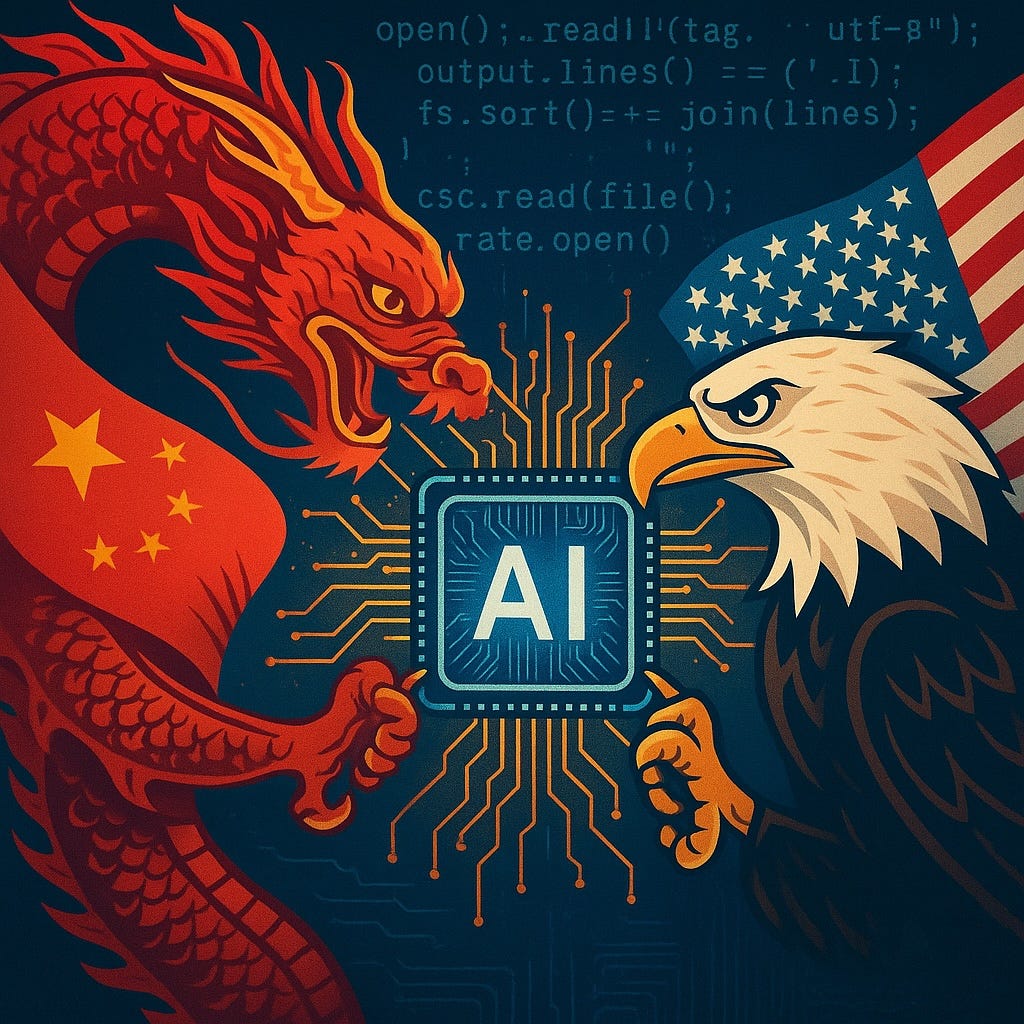Washington’s trade war with China is turning silicon into a geopolitical weapon. Thousands of licenses to sell advanced chips, including multibillion-dollar orders from Nvidia, are gathering dust at the Bureau of Industry and Security, bringing shipments to a standstill and fueling uncertainty among US tech companies.
It’s the classic paradox of containment: by trying to stop its rival, the United States is focusing minds in China to find substitutes and other solutions.
Meanwhile, in Shanghai, during the recent World AI Conference, Chinese premier Li Qiang pulled off a diplomatic doozie when he proposed creating an international organization based in China to govern AI development globally, with the aim of preventing AI from being “the exclusive game of a few countries.” In short, while the White House defends its “America-first” strategy, Beijing is positioning itself as a champion of AI multilateralism, backed by the presence of figures such as Geoffrey Hinton and Eric Schmidt, and by the almost total absence of US laboratories at the event.
Lack of access to the most powerful chips has not slowed down Chinese industry: on the contrary, it has forced it to innovate in architecture and to find new partners to work with, such as the two new alliances presented at the same conference, the…
